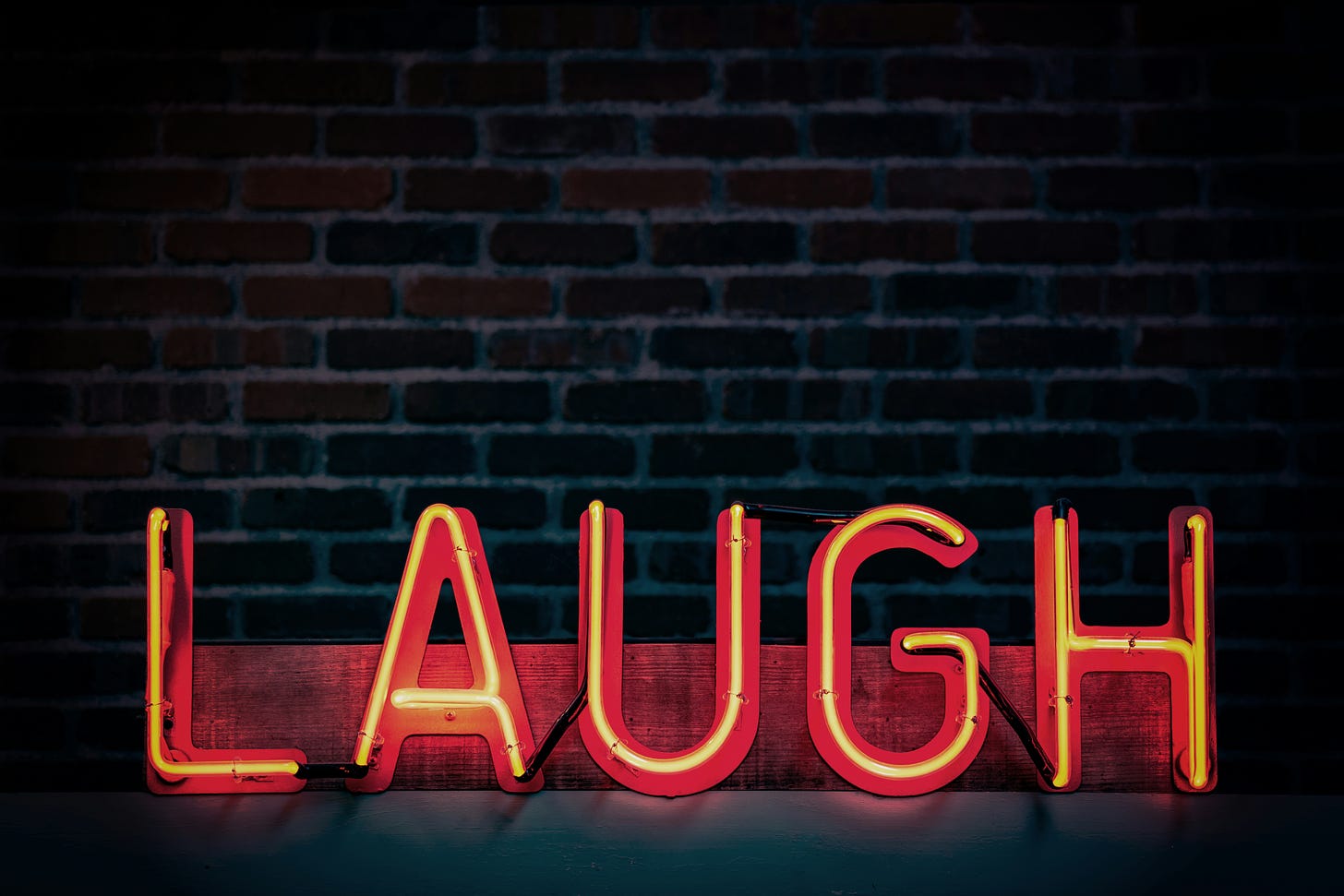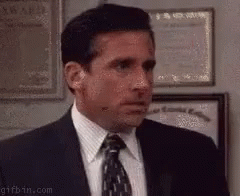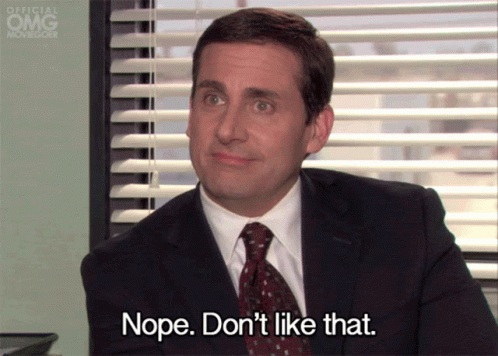
The first time I fell was on September 10, 2011. I was walking to the CVS near my apartment in Boston when, in an instant, my right knee gave out and I crumpled to the pavement.
By the time my mind grasped what had happened, I was already on the ground. Immediately, I felt a stinging pain on my right kneecap. I lifted my leg and saw torn flesh, along with bits of gravel embedded in an open, bloody wound.
I was on year three of my muscle weakness, the result of a rare, adult-onset disease called limb-girdle muscular dystrophy type 2B. Although I knew that I would eventually start falling, I didn’t realize how traumatic it would be until it happened for the first time.
It’s not the blood or the searing pain that I remember from that day; it was the sobering epiphany that my life would never be the same.
From that point forward, my life would be divided into two parts: before the fall and after.
Over the next ten years — until I started using a wheelchair full-time — I fell more than 50 times. I fell at home and at work. I fell on sidewalks, in bars, and up a staircase. I fell with leg braces. I fell with crutches. I fell holding onto someone’s arm for support.
Each fall happened without warning. And each time, like the first, it penetrated the deepest depths of my soul, puncturing my fragile sense of security.
The truth hurts
Nothing ruins a day like eating dirt.
As if the fall itself wasn’t bad enough, I’d relive the experience over and over, even though all I wanted to do was block it out of my mind. Despite my protests, I forced myself to remember every detail, from the initial spasm in my knee to the way my body collapsed straight down like a sack of wet cement.
On falling days, life ground to a halt. Nothing else mattered to me except making it through the rest of the day in one piece.
The last thing I wanted to do was talk to anyone.
Whenever I walked into the office with a scowl on my face, my coworkers knew to leave me alone. They knew that a scowl meant a fall, and when that happened, I was in no mood for small talk.
My falls mostly happened when I was alone, but on occasion, they happened in public. Since bystanders didn’t know I had a muscle disease, they reacted with a mix of concern and bewilderment. (If you saw a 25-year-old male crumple onto the sidewalk without warning, you’d wonder what was wrong too.)
Many Good Samaritans walked up to me to offer assistance and ask if I was okay. “I’m fine, thanks” was usually all I could muster, too embarrassed and humiliated to engage in a longer conversation.
One morning, after I fell on the way to the subway, a woman sitting across from me on the train stared at me until I made eye contact.
“Don’t forget to laugh every once in a while!” she said in a high-pitched voice. In case I wasn’t clear about her message, she smiled emphatically to reinforce her point.
Although I knew she was well-meaning, I didn’t appreciate the unsolicited advice. I nodded without saying a word and resumed staring at the ground.
Her comment stayed with me the rest of the day. The more I thought about what she said, the angrier I got. Who was she to tell me how to feel?
Deep down though, I was mad because I knew she was right.
3 AM heart-to-heart
But how was I supposed to laugh?
My life was disintegrating all around me, and I could no longer trust my legs to do even the most basic of tasks.
There were many casualties from my first fall: My security. My optimism. My sanity.
At the top of the list was my sense of humor.
Growing up, I loved to make people laugh. My comedic timing was unparalleled. I could always be counted on for deadpan one-liners that would leave my friends in stitches.
But after my first fall, my sense of humor fled the scene, abandoning me in my hour of need.
I still laughed, but my laughter always came with strings attached. It always masked a deeper pain. I couldn’t give myself the permission to fully lose myself in a humorous moment, because I was always thinking about the next fall lurking around the corner.
I knew this was no way to live. I wanted to laugh again, to find humor in everyday moments, but I couldn’t figure out how.
One night in 2012, while lying in bed at 3 AM, an internal dialogue fired up in my head.
“You need to find a way to laugh.”
“Um, okay. How exactly?”
“Find humor in everyday moments, even the difficult ones.”
“But it’s not that easy.”
“It’s a mindset. You have to seek it out.”
“I’ve tried. It doesn’t work.”
“Try again.”
“But I’m not ready.”
“You can’t wait until you’re ready. You’re never going to be ready.”
You’re never going to be ready. The dialogue ceased as I turned those words over in my mind.
Was it really possible? Could I find humor in my circumstances, when all I wanted to do was rage at the world?
My assignment, although difficult, was clear: I had to start seeing the funny side of life again, no matter what this disease was doing to me.
The test
The next day at work, something miraculous happened: I made a joke, and my coworkers laughed.
Encouraged, I made another joke, and another one after that. More laughter.
The best part? The more they laughed, the more I laughed — unrestrained, with no strings attached.
My humorous side, long dormant, awakened with a fury. A life in grayscale burst forth with color. I was still depressed, but at least now I could see that it was possible to live with this disease and laugh my face off.
With each laugh, I was better able to process the trauma. With each laugh, I stitched my soul back together thread by thread.
Humor was healing my deepest wounds. But despite the good feelings, I knew that I would soon face the ultimate test: Would I still be able to laugh after my next fall?
A few weeks later, I had my answer.
I was walking to the subway one morning, past Cambridge City Hall, where the sidewalk gradient slopes downward ever so gently. (With unsteady legs, any downward slope is perilous.)
Despite the utmost care, I misjudged one of my steps, my knee gave out, and I fell to the pavement.
After a few seconds, I gathered my strength and pushed myself back into a standing position. I was still shell-shocked when a woman half a block away hurried over to check on me.
“Are you okay, sir?”
I expected to give a terse answer, like every time before, but on this day, different words came out of my mouth:
“Yes, thanks. I have an audition to play the chalk outline guy in a movie and needed the practice.”
I don’t have a clue why I said that. It wasn’t pre-rehearsed. It wasn’t even that funny. But it was enough to make the woman cackle, which got me laughing and defused the awkwardness of the situation.
After she left, I brushed off my jeans. Although I was still hurting inside, I was happy to know that I passed the test.
If I could find humor after a fall, I could find humor anywhere.
How to find humor in tough times
Humor is one of the best coping mechanisms for dealing with adversity.
If humor doesn’t come naturally to you, or you want to laugh but are going through a tough time, here are a few steps that might help:
Save anything that makes you laugh. This can be a YouTube clip, a podcast, a TV show episode, etc. When you’re having a bad day, block off an hour to watch or listen to your favorite content. For example, I love watching old Saturday Night Live skits.
Write out a comedy routine of your life. Try this thought experiment: You have to go on stage and do a comedy routine about your life. What would you say? What stories would you include?
The goal is to get you thinking about your life — even the hard moments — in a more humorous light. Obviously, there might be circumstances that are horrible or devastating that you can’t (and shouldn’t) make light of. But this strategy can help to exercise your comedic muscles.
Express how you’re feeling in a humorous way. If a friend or family member asks you how you’re doing, and you want to tell them but aren’t sure what to say, share a GIF or a TikTok video that speaks to your mood. If anything, you’ll both get a good laugh of it.
I love to use GIFs. For better or worse, Michael Scott speaks to most of my life situations:
So does this odd-looking room guardian thing:
Surround yourself with funny people. If you have someone in your corner who knows how to make you laugh, call them up. Tell them you need a laugh, and let them do the comedic heavy lifting.
Let me know
This week, I structured my essay in a new way. I put the essay first, and the “how-to” part of the piece at the end. I think it flows better, but I’d love to know what you think. Is this a helpful change? Let me know in the comments.
How has humor helped you through tough times? Is there a specific story that comes to mind? Feel free to share!









You've just named your book, Chris: BEFORE AND AFTER THE FALL. The flow is great. And, while this is a little dark, this made me laugh...still does. At 23, I had my first breast cancer scare. I was going to see a radiologist for what I thought was going to be another mammogram and sonogram. Nope. Needle biopsies for booth boobs. The needle slipped out of one lump and cause a hematoma. (I'll give you the rest of that story another time.) I had to drive home with an icepack on it that started leaking about 15 miles from home. When I walked in, damp from the leak (I was living with my grandmother at the time while going to film school), my entire family was having dinner at the dining table. Nonchalantly, they asked how it went (like it's normal for a 23 yo to maybe have cancer). I explained what happened. Someone said, "That must've hurt." I said, "Yes, like a sonofabitch." They all gasped at my used of language (where do you think I got it from?). I had said this in front my of 6-month-old cousin, whose gummy grin implied he got it. I retorted, "Look, I could've said it hurt like a m*therf*cker, but I didn't." If you think I've pushed it too far, I can always remind you there's further to go. Chalk-outline guys have a pretty good day rate. You rule, Chris. xo (PS: The lumps were dense breast tissue and a fat ball. I got the hematoma from the fat ball. The colors of it were spectacular.)
I liked the flow! I have played around structuring some of my posts like that as well. It shows you are an expert in something first and then lays out practical advice that your readers can follow borne of your experience.
While our medical issues are quite different, I found myself being able to relate to your falls, as someone who has epilepsy and never knows when seizure will bring me down to the ground. I agree, humor helps tremendously. Also I thought that your joke about the chalk outline was funny! Much moreso than anything I've come up with in that moment! When people rush over to me on the ground I usually smile and say "Yeah, I'm ok, just hanging out!"
A way that I've used humor is sometimes as a pressure relief valve. Whenever I am officiating funerals or weddings, even a not-so-funny joke gets a huge laugh from the audience. In both settings, people feel the stress of the occassion (one full of more joy, the other more somber) and to laugh gives people permission to settle into themselves and their bodies a bit more and be present in the moment.